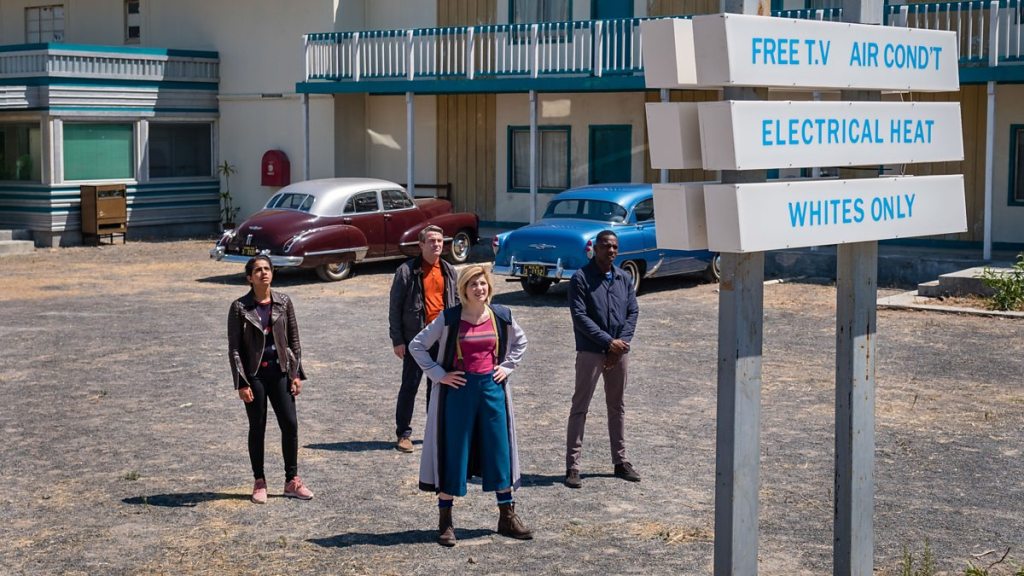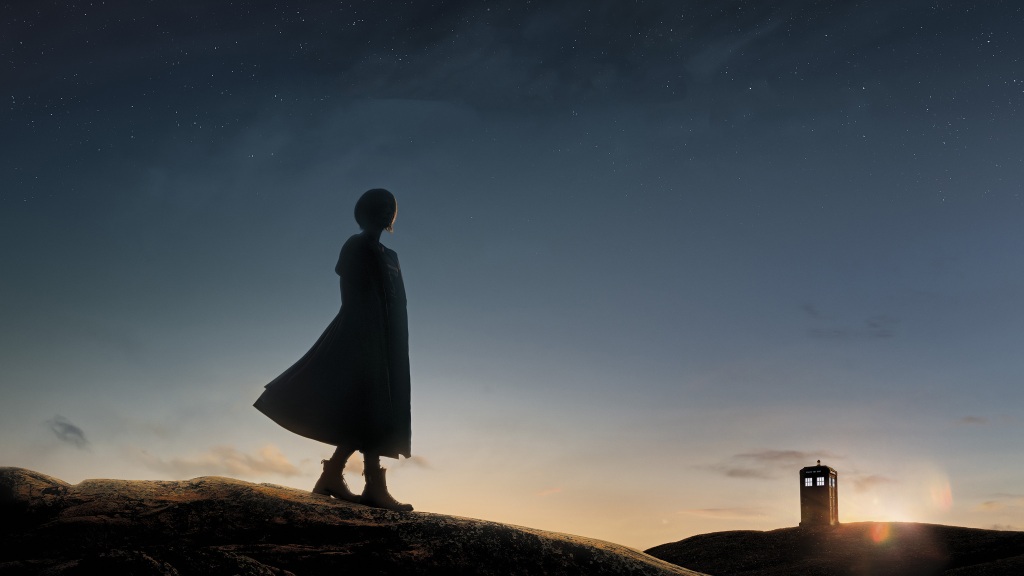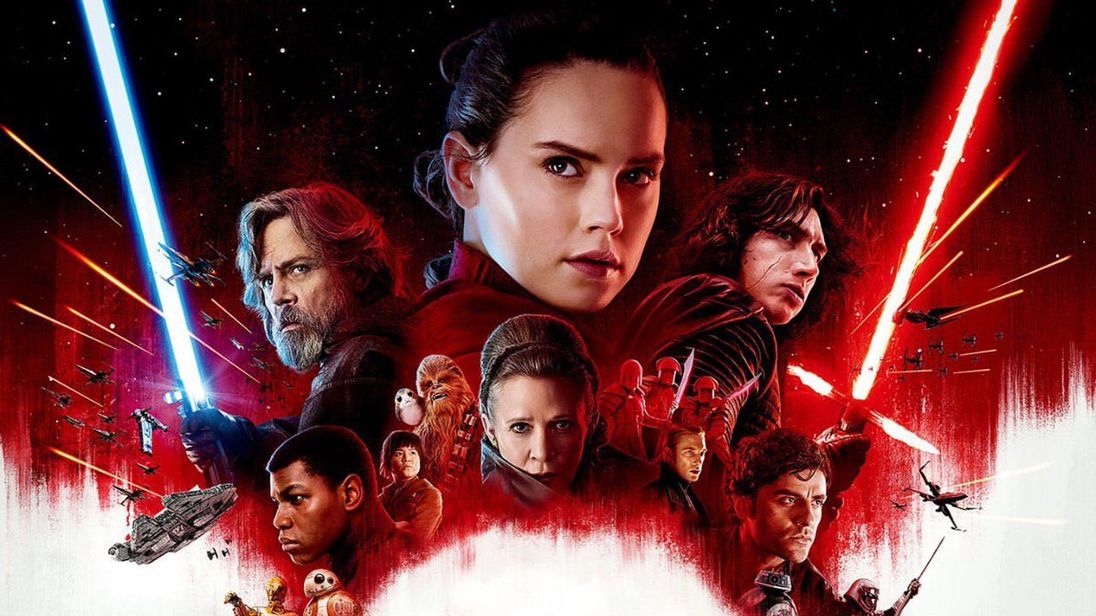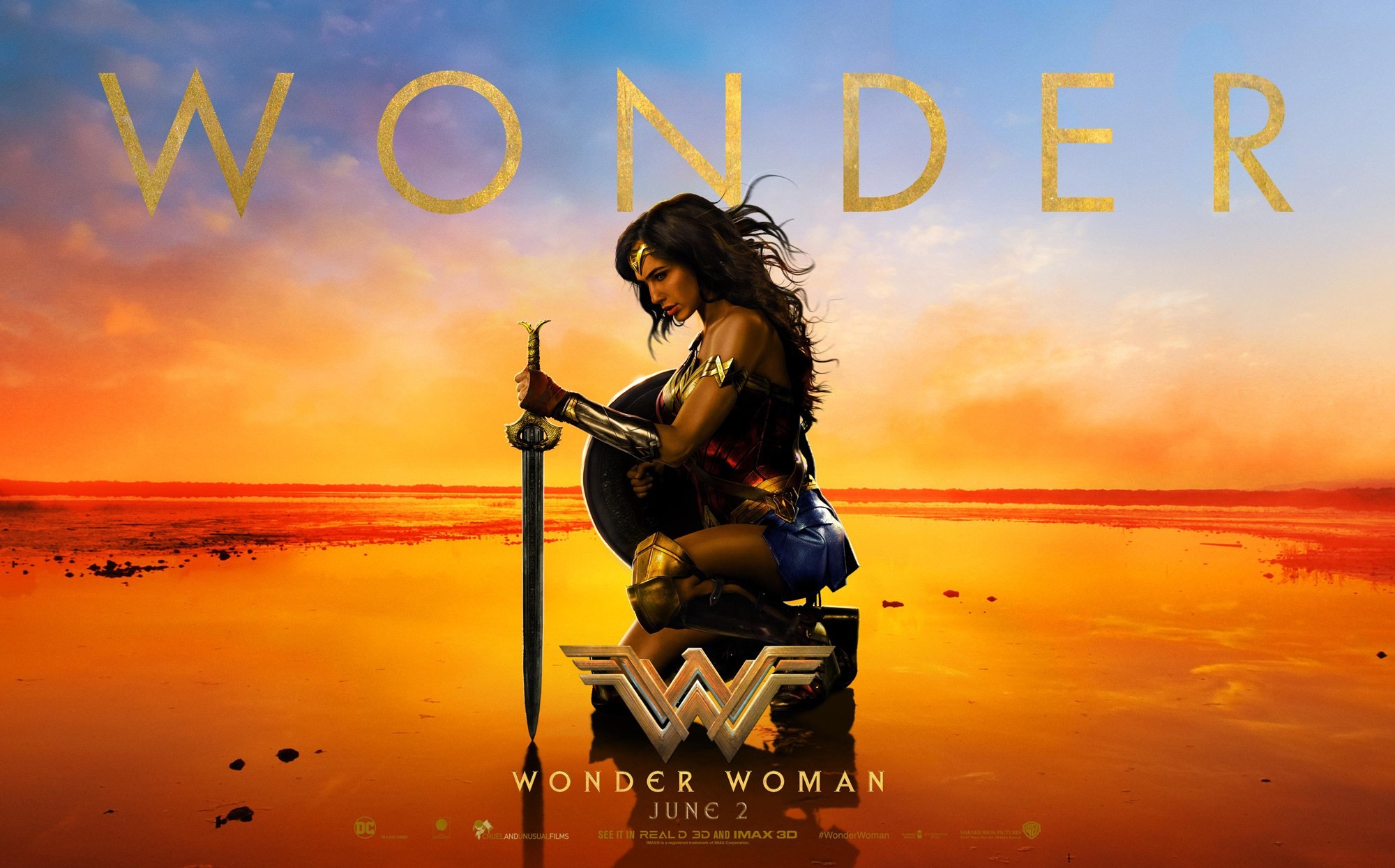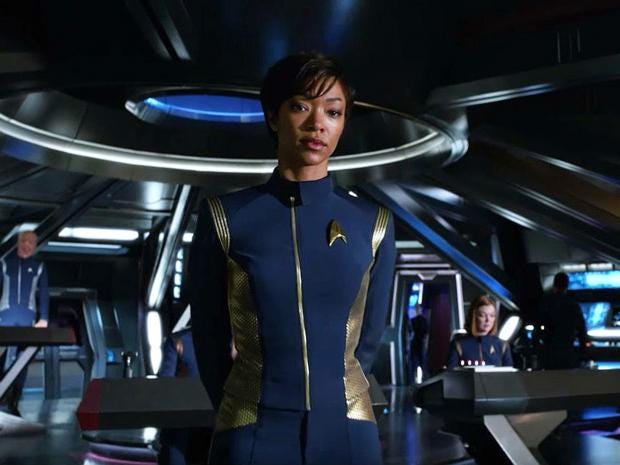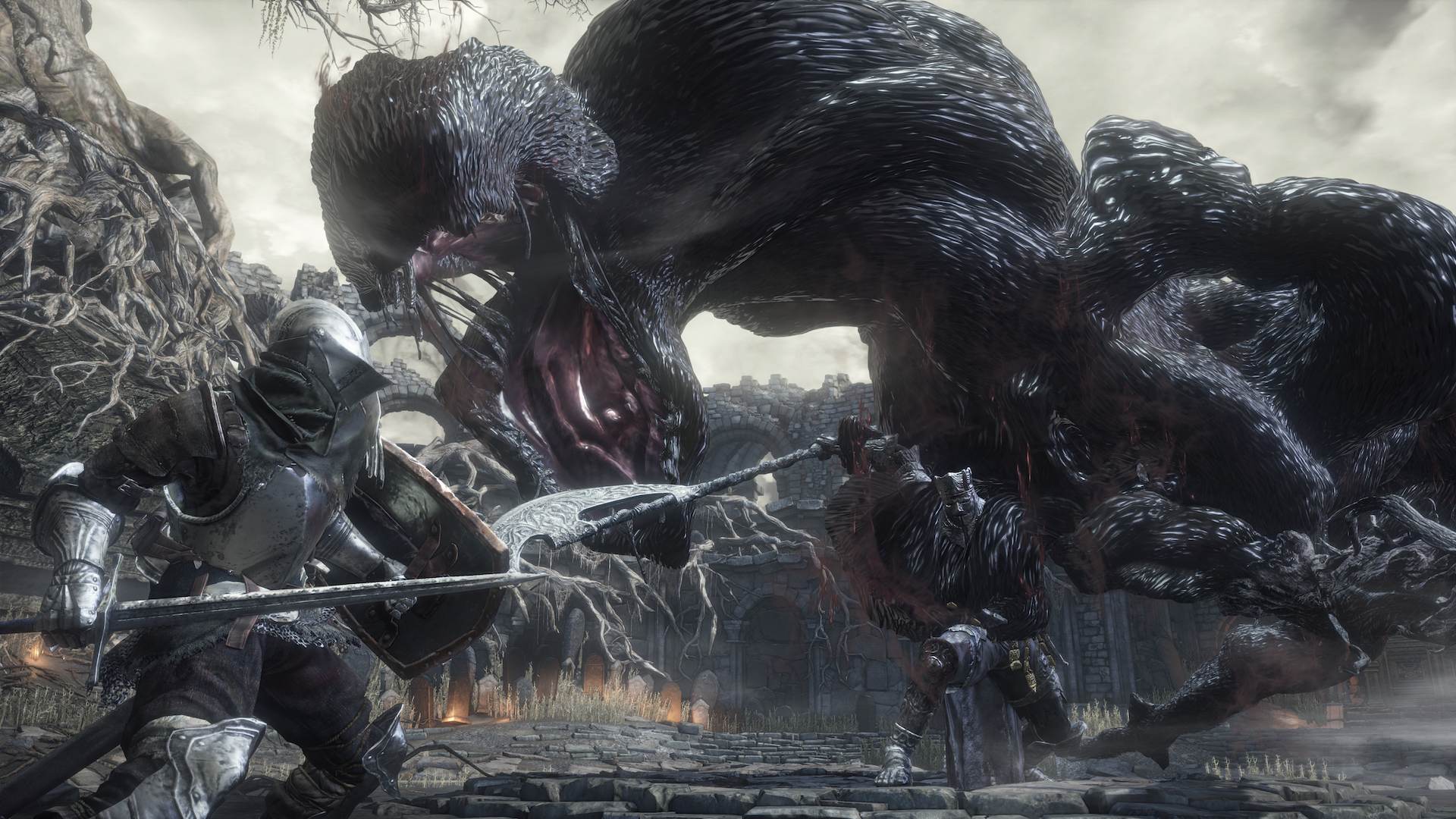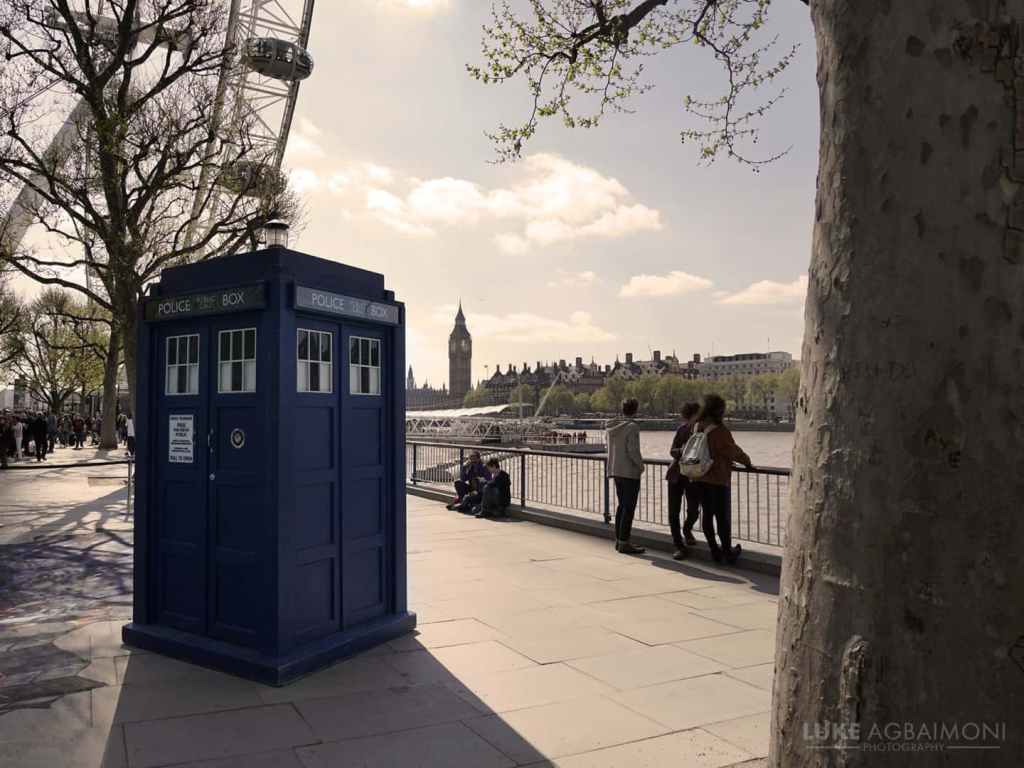
This is an odd sentence to write:
I’m not watching new episodes of Doctor Who anymore.
There aren’t any other shows that I’ve been watching my entire life. Some of my earliest memories are very fractured fragments of watching the night sequences in ‘Image of the Fendahl’ and thinking “Spooky!”, which was somewhere around 1977-78, when I was three. Doctor Who has almost always been there for me – even in the 1989-2005 Wilderness years, when it wasn’t on TV. It’s had more of an effect on my imagination (and my desire to get stories out of my head onto paper) than anything else I can think of.
So getting to a point where I’m saying “Nope – that’s it for me…” is somewhat unprecedented.
But not entirely. One thing I was taught by my slightly nonplussed initial reaction to Doctor Who’s return in 2005 (I instinctively still want to call it ’New Who’ despite the fact that a show that’s been around for 15 years doesn’t qualify as new anymore) is that I don’t unreservedly love all of Who. In fact, in terms of quality roller-coasters and jumps between episodes I love and episodes I’ll happily never watch again, there are few shows as variable as Who, simply because of (a) its wildly shifting, experimental approach to what genre the show is, and (b) the fact that it’s being astonishingly ambitious on what is, even now, not a massively high budget.
I can’t think of a single season of Who that doesn’t feature one story I’d rank as at least a disappointment or a slight misfire, if not an outright mess. (Even the legendary ‘Gothic Horror’ era of producer Philip Hinchcliffe wasn’t immune to ups and downs). And of course, there’s also the fact that because of this wild variation in style and execution, every episode is someone’s favourite Doctor Who episode (except maybe ‘Fear Her’). There’s a very particular combination of storytelling flavours that I love, and that Who has sometimes been exceptionally good at – where the acting, the direction, the script and even the sound design all seems to click together, and suddenly what could have been absurd or ridiculous becomes gripping, thrilling and occasionally even profound.
And it’s not a combination I’m getting anymore.
There is also, of course, the problem that saying “I’m not watching Doctor Who anymore” at this point in history carries more weight and significance than it did, say, if you watched Sylvester McCoy’s first story back in 1987 and thought “This is rubbish, I’m out!” (For reference – ‘Time and the Rani’ is rubbish. Frequently entertaining and occasionally demented, but my goodness it’s a rough start for a new Doctor). With all the much-publicised online ‘rage’ about Jodie Whitaker’s casting as the Doctor, to the complaints about ’too much politics’ and ‘Who is too woke now’, it’s hard not to feel like I’m making a statement just by saying “Nope, I don’t want to watch this anymore.”
Honestly, it’s probably not a massive surprise that it came to this. Chris Chibnall’s appointment as showrunner was news I greeted with a hearty “Uh-oh…”, because having watched both seasons of Torchwood (aka, the seasons before it briefly became good with Children of Earth) and all his previous Who episodes, there was nothing there that made me remotely excited to see him taking the helm of the show. The previous Chibnall episode that I enjoyed the most was S3’s enthusiastic Alien/Sunshine rip-off ’42’, and I suspect much of that was down to fantastic direction from Who veteran Graeme Harper, and that it obviously got heavily rewritten by Russell T Davies. (He did this with virtually all the Who episodes he oversaw – apparently, aside from Steven Moffatt. There’s a bunch of details in RTD’s book The Writer’s Tale about the effect this had in terms of adding energy to an episode or scene.)
Chibnall was responsible for the Torchwood S1 episode ‘Cyberwoman’, which is genuinely one of the most misconceived and painful bits of Who-related media I have ever consumed. He was the man who thought a random, Godzilla-sized, pig-faced demon stalking the streets of Cardiff was a good season finale. And while Torchwood S2 was an improvement, and actually qualified as ‘watchable’, that was about as good as I could say for any Chibnall episode of Who. They’re watchable. They’re sometimes pretty good. There are some good ideas. Sometimes they hold together. Oftentimes they don’t. (S7’s The Power of Three is a good example – an episode that’s a collection of nice vignettes but which never becomes more than the sum of its parts.)
So, I went into S11 with very mixed feelings. And I watched it all. And after ‘Rosa’, which was an episode which I properly liked (while still having flaws), I waited for another example of an episode that clicked for me, and which felt like it was tapping into the flavour of Who that properly felt like Who. And I waited. And I waited.
It was around last year’s New Year special, ‘Resolution’ – in which a supposedly dramatic confrontation with a Dalek is resolved with the aid of a household microwave oven that one character just happens to be carrying around – that I started to suspect that the show had broken for me. And the opening two-parter, ’Spyfall’, proved it. I was so disheartened, so annoyed, and so generally dispirited by what I’d watched by the end of episode 2 that I finally reached the point where there just didn’t seem any point going on. (Especially since Chibnall’s big overall idea for this series seems to be “Hey, remember when the Doctor was a traumatised lonely outsider without a home? Why don’t we just do that again?”) There’s fandom, and then there’s watching something out of habit when you know there’s an almost 95% chance that you’re simply not going to enjoy it.
The specific reasons why I’m bowing out of Who for now are:
1: The storytelling. It’s just *so* sloppy. Who has always had a pretty loose attitude to logic, but most of the episodes of Chibnall’s era have fallen into the pattern of being a collection of interesting ideas with little to nothing holding them together. Even ‘It Takes You Away’, an episode which had some people declaring it the best in years, felt like three fifteen-minute shorts welded together at random. And Spyfall just took this to the maximum – I’m a Who fan, and I’d have difficulty explaining why almost *anything* in that story actually happened. (Like, why exactly did the villains need to store quite so much data? And what were they going to do when they ended up with a planet full of comatose bodies?) Added to which, the episodes mostly feel like they lack energy and punch, with a more muted approach to humour and characterisation that really makes me miss Moffat and RTD’s takes on the show – they could very often slip up, but at least they actually kept you wanting to watch.
2: The Doctor. I will happily admit that, as a four-decade fan of the show, there’s probably part of my brain that still rebels slightly at the idea of a female Doctor in a way that someone starting to watch the show now wouldn’t feel – but I really don’t have a problem with the idea of a female Doctor. Hell, the moment that Missy showed up, it was just inevitable that we would get a female Doctor. I just don’t like Jodie Whitaker as the Doctor.
It feels like a more extreme version of the issues I had with Chris Eccleston – I think he did a great job, but there were certain aspects of the character that he was better at than others, and the Ninth Doctor never felt like the Doctor to me in the way that Tennant as the Tenth eventually did (or like Matt Smith managed within about five minutes in ‘The Eleventh Hour’). It very often felt like someone trying really, *really* hard to be offbeat and strange (whereas someone like Tom Baker managed to make the Doctor’s strangeness feel utterly effortless), and that’s my main problem with the Thirteenth Doctor. It doesn’t really feel like there’s any connective tissue between, say, the Capaldi and the Whitaker version – to me, Thirteen feels like an over-enthusiastic children’s TV presenter who really wants everyone to know how quirky she is. I don’t begrudge anyone who likes her as the Doctor, but she isn’t someone who I’d want to go travelling through Time and Space with.
3: The companions. By the end of Spyfall, I’ve watched fourteen episodes with the current TARDIS team, and I still don’t know them that well. There’s a reason why the show mostly stuck with a Doctor/single companion setup over the years, because the more characters, the more you have to find things for people to do. There have been a handful of nicely played moments with Bradley Walsh as Graham (at least, up until that utterly unfunny ‘Laser Shoes’ scene in ‘Spyfall’), but with Yaz and Ryan I still don’t feel like I know them beyond the kind of details that would fill two sentences on Wikipedia. Plus, the show seems to have backed off from the idea of the companion as a co-lead – instead, they’ve been used in a very early-1980s style purely as audience surrogates and people whose job is to ask “What’s going on, Doctor?” and quietly listen as the Doctor abruptly remembers another massive chunk of exposition in order to paper over the cracks in the plot. Trimming the cast down just by one would immediately give the remaining cast more screen time, and probably benefit the show immensely – but they seem to be committed to the whole ‘TARDIS team as family’ thing, so, like most of the aspects of the show I don’t care for, they don’t seem to be going anywhere in a hurry.
(And as a sub-note: I don’t have a major problem with the more ‘educational’ bent of some of the stories, just in the way that they’ve been weighted in the overall tone of the show. Like I said – I liked ‘Rosa’, and I thought it took on the potentially tricky subject of racism and prejudice really well, in a way Doctor Who had never managed before. I just wasn’t expecting them to then do another heartfelt exploration of historical prejudice two weeks later (‘Demons of the Punjab’), and then follow that up with yet another one two weeks after that (’The Witchfinders’, which admittedly was far more Trad Who at the same time). It honestly did feel like a bit much, especially in a show that usually prides itself on shifting gears and genres every episode. Plus, it’s also worth remembering that yes, Doctor Who did start life as a semi-educational show (especially in its pure historical stories), but that side of the show was phased out after 1966 because audiences were getting bored and not watching anymore. It doesn’t mean you can’t do that kind of story – just that it maybe needs to be more balanced than what they managed in S11).
So that’s why I’m politely backing away from Who for now. I’ve been close before – there was a lot of S2 of New Who that I didn’t like, and the one-two punch of ‘Love and Monsters’ and ‘Fear Her’, followed by the fun but *really* OTT climax of ‘Army of Ghosts’ and ‘Doomsday’ had me seriously wondering if my time with the show was over – but it’s not like this era is going to last forever. Doctor Who’s one constant is change – there was always likely to be a point where the show turned into something I really didn’t care for, and it isn’t like the episodes I love have gone anywhere.
Honestly, making this decision has been a bit of a weight off my mind – especially as two episodes have already aired since I made the decision and I feel no need to watch them. With Chibnall at the helm of the show, there’s the possibility that this ‘pause for reflection’ might last quite a while – at least for the rest of Jodie Whitaker’s run, most likely. It’s certainly going to take a lot to persuade me back (especially since almost all the mainstream reviews of ’Spyfall’ were bewilderingly positive). But there’s so much good and interesting TV out there, it’s not like there’s going to be a lack of things to watch. Plus, it’s making me want to write again, to channel my thoughts into getting something positive out into the world, rather than watching something which is 95% likely to just have me thinking negative.
The TARDIS can just go on without me for a while. I’m sure the show will cope without me. And I’m pretty sure that one day, something will call me back, and my adventures in Time and Space will continue.
Until then, Who will remain my favourite show that I don’t watch anymore. And hopefully, in the not-too-distant future, that will change.
